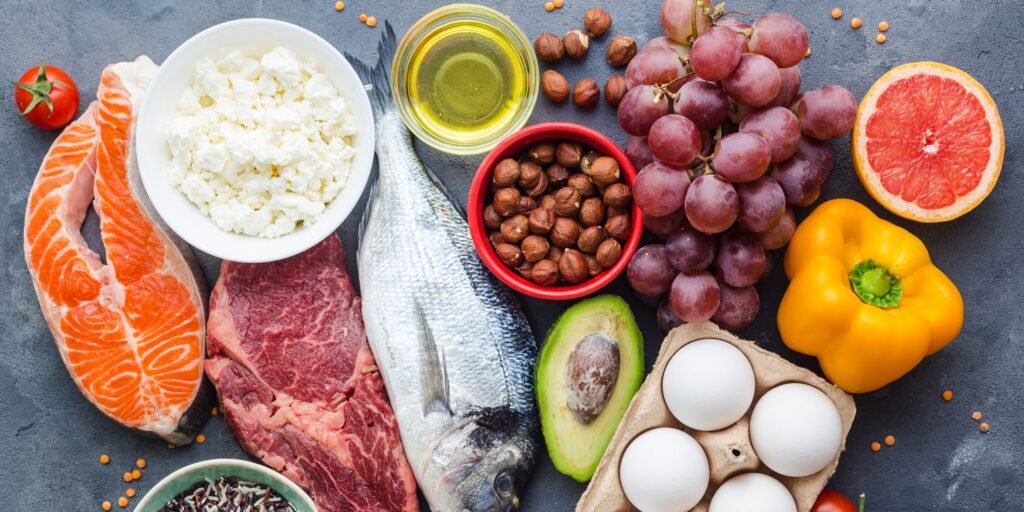Bodybuilders aren’t the only ones building muscle. Everyone, from seniors to college athletes, wants to build muscle mass and improve function. As we age, we lose muscle because of illness, injury, and inactivity—but muscle loss is preventable. Whether you’re an athlete, a middle-aged parent, or a senior citizen, make muscle building and retention a priority. Here, we’ll discuss the top muscle-building supplements for fitness enthusiasts of every age.
Magnesium
It’s responsible for dozens of biological processes, but half of American adults don’t get enough magnesium to work for muscles. Where workouts are concerned, magnesium plays a key role in heart regulation, energy production, and muscle contraction. If you’re over 30, aim for about 400 mg of magnesium per day, either from a high-quality supplement or from food.
Iron
The human body needs iron to survive and thrive. Iron makes hemoglobin, which moves oxygen from the lungs and throughout the body. It also aids in energy metabolism. Managing low iron levels through diet and supplementation can resolve unexplained lack of energy, fatigue, and low exercise performance.
Biotin
While we know it’s great for skin, hair, and nails, biotin also turns food into energy, enhancing protein synthesis, boosting fitness, and building muscle. Foods such as nuts, sweet potatoes, eggs, and meat are rich in biotin, as are some supplements.
Calcium
Calcium improves bone health and muscle movement. It works by passing impulses from nerves to muscles, thereby aiding in muscle contraction. Calcium also regulates blood pressure and maintains blood vessels, determining the speed with which oxygen is delivered to the muscles. For additional calcium, try orange juice, canned sardines, fortified cereals, and high-quality supplements.
Zinc
Giving the body what’s needed for muscle repair and recovery is just as important as the workout itself. Zinc helps repair muscle fibers after strength training sessions. The body can’t synthesize zinc, so it must be obtained through proper supplementation and diet.
Potassium and Sodium (Electrolytes)
The body needs potassium (and sodium) for muscle contraction. When the balance of these two minerals is off, it’s hard for the muscles to work as intended—and cramps may occur. That’s why experts suggest hydrating with electrolytes like potassium and sodium during tough workouts.
Other Ways to Boost Muscle Growth Safely and Naturally
While macro- and micronutrients are essential parts of an overall wellness program, they’re just part of your muscle maintenance and repair toolkit. Here are a few other ways to build muscle.
- Strength training. Unless you’re training like a bodybuilder, no vitamin or supplement alone will build muscle. With a solid strength training program, you will see gains, preserve the muscle you already have, and increase the effectiveness of the supplements you take.
- Protein intake.Protein is made of building blocks called amino acids, which maintain and repair muscle tissue after strenuous workouts. The body can’t make amino acids, but foods like eggs, dairy, tofu, and meat contain them—as do protein powders and BCAA supplements. Strive to get 0.5 to 0.8 grams of protein per pound of body weight daily for muscle growth.
Whether you’re growing muscle for fitness or function as you age, the supplements listed above—along with exercise—will help. By combining high-quality supplements with a sensible diet and fitness program, you can stay strong and healthy for life.

